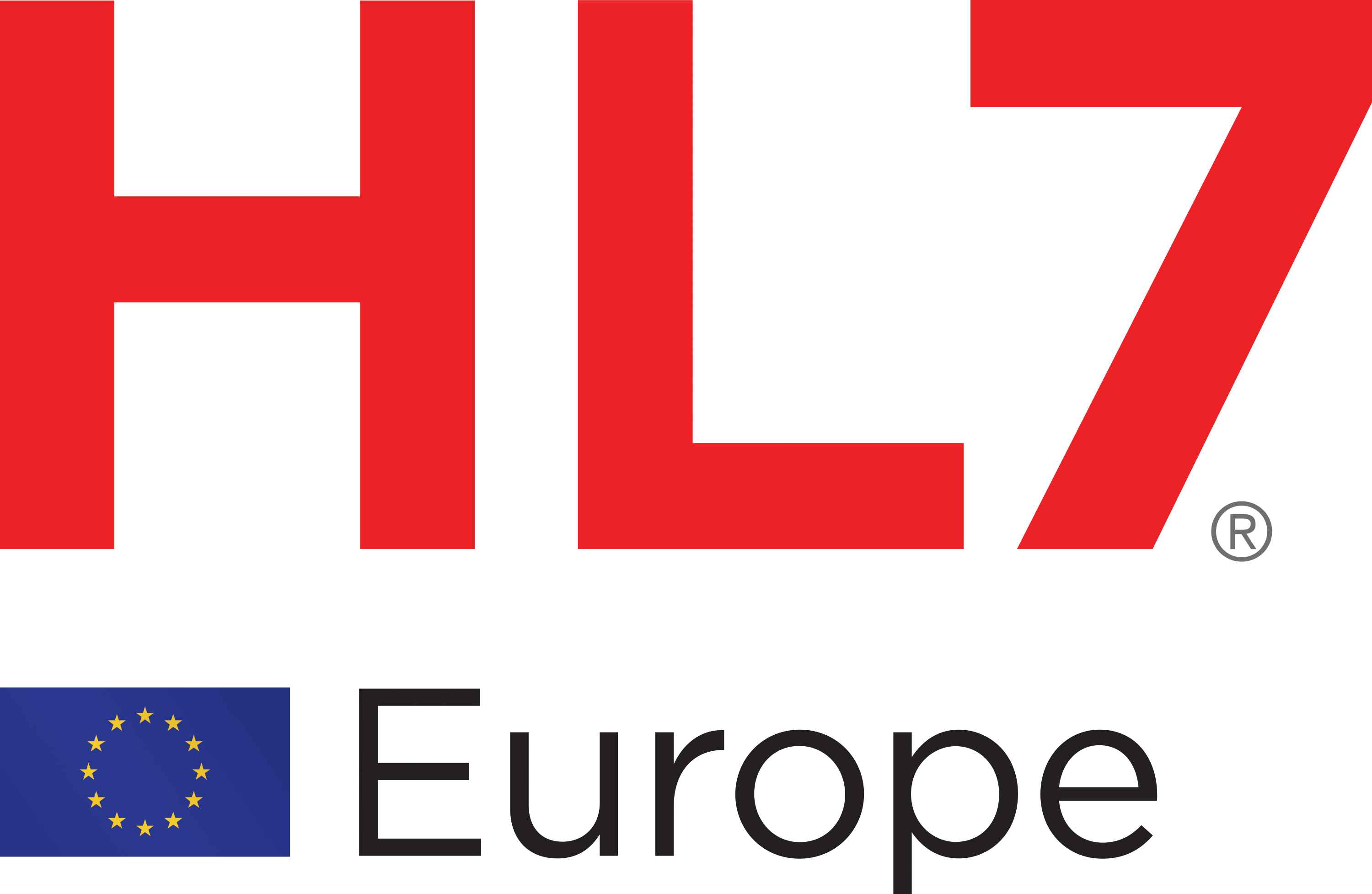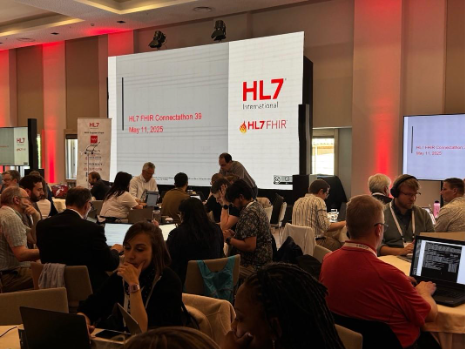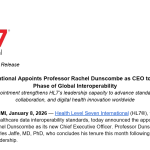Madrid, 22 May 2025 – The HL7 FHIR Connectathon held May 9-10 in Madrid, Spain, included a well-attended track on Utilizing the Digital Protocol (UDP). This project, part of the HL7 Vulcan initiative, focuses on enhancing the digital exchange of clinical trial protocol information.
This collaboration among Vulcan, CDISC, and TransCelerate BioPharma Inc., and ICH M11/M2 aims to modernize and streamline clinical trial processes by developing digital, structured machine-readable clinical trial protocols using HL7 FHIR resources. The goal is to improve the efficiency and accuracy of protocol sharing between sponsors and regulators.
The Vulcan UDP project
The Vulcan UDP project complements the READI (Research in Europe and Diversity Inclusion) project — a public-private partnership launched under the Horizon Europe Innovative Health Initiative (IHI) in January 2025. The READI project will significantly improve the inclusion and representation of underserved and underrepresented populations in clinical research across Europe.

The Vulcan UDP initiative is actively enhancing the representation and processing of inclusion and exclusion criteria in clinical trials by leveraging HL7 FHIR exchange standards, supporting cohort building by enabling the identification of patients who meet specific inclusion and exclusion criteria, and integration with regulatory standards (ICH M11/M2 guidelines and CDISC models).
The READI project
The READI project addresses the limitations of traditional inclusion and exclusion criteria in clinical trials by promoting a more inclusive and representative approach to participant selection. READI is working to create standardized descriptors for inclusion criteria, utilizing Real-World Data (RWD) to map population characteristics, and seeks to overcome systemic barriers that have historically excluded certain populations from clinical research.

The READI project is also developing a sustainable, patient-focused digital platform to improve access to clinical study information and tools to foster collaboration among stakeholders and enhance patient engagement in the research process. The READI project started in January 2025 and is planned for six years.
Two Projects United
The Vulcan UPD and READI projects offer a valuable case study in how two initiatives, driven by different stakeholders, can create a synergistic relationship that simultaneously advances the objectives of both.
For more information visit the Vulcan UDP and the READI project sites.
About HL7 Europe: HL7 Europe is a not-for-profit Foundation established in Brussels in 2010 with the aim to address European standardisation requirements in digital health serving as the European office of HL7 International. The mission of HL7 Europe is to provide standards that empower global health data interoperability to realise its vision of a world in which everyone can securely access and use the right health data when and where they need it. It works in close cooperation with 22 national HL7 Affiliates across Europe and supports the creation of health information technology standards that are widely and easily used enabling interoperability in healthcare. For more information go to www.hl7europe.org.





